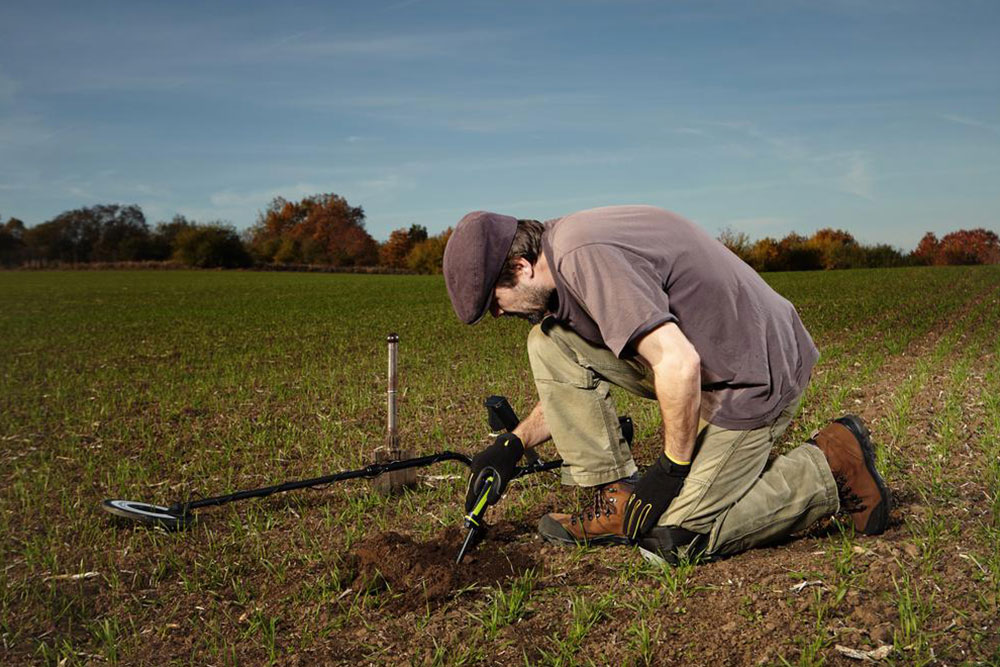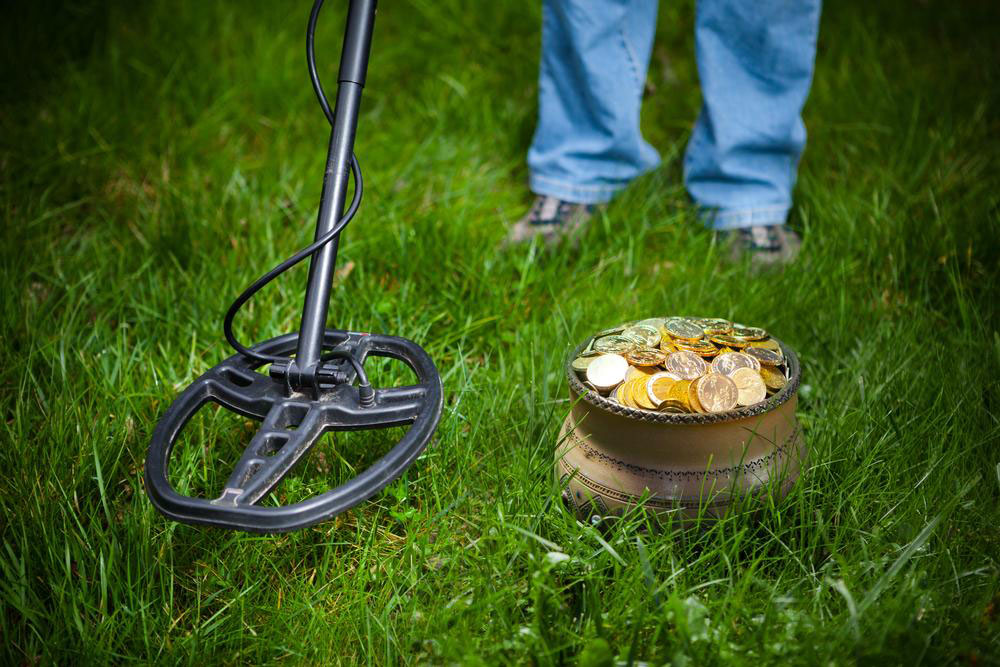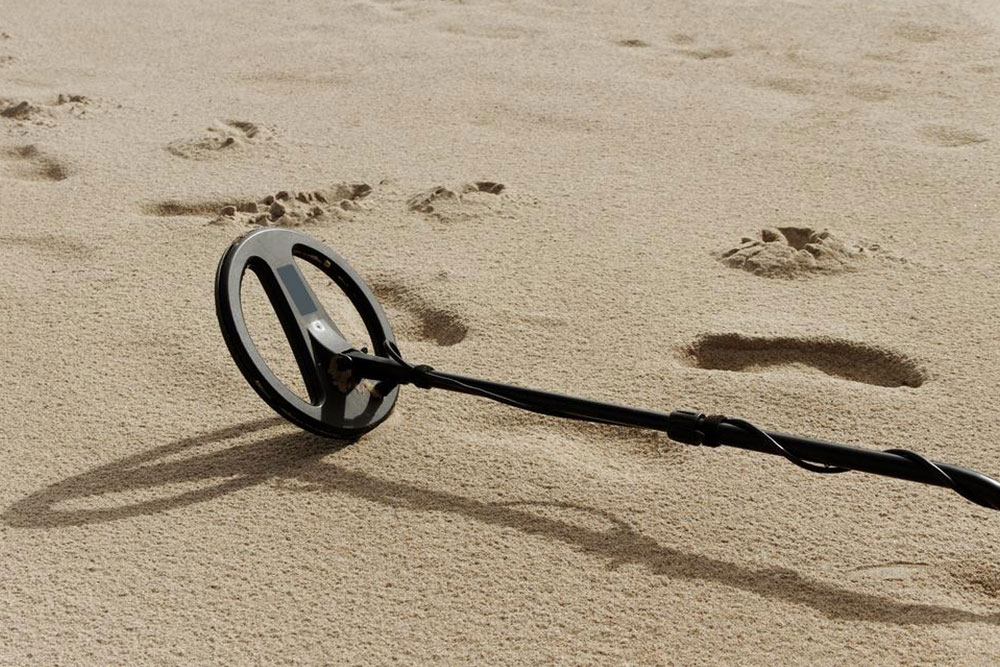Top Applications of Metal Detection Devices
Explore the key uses of metal detectors across security, archaeology, industrial, and recreational sectors. Discover how these devices help ensure safety, protect cultural sites, improve manufacturing, and enhance hobbies like treasure hunting. Learn about the evolution, regulations, and automation features that make metal detection essential in various industries and recreational activities today.

Top Applications of Metal Detection Devices
Metal detectors are electronic tools designed to identify hidden metal objects within various items or beneath the ground surface. Since their inception around 1960, these devices have found widespread use across multiple sectors. Discover some of the primary ways metal detectors are utilized today.
Security Checks
Before modern security scanners became common, magnetometers introduced in the 1970s served as initial metal detection tools. Portable and walk-through models are crucial in public venues and high-security zones to prevent the entry of weapons such as guns and blades.
These devices play a vital role in restricting unauthorized access to airports, metro stations, shopping centers, correctional facilities, courts, hotels, and clubs. Handheld detectors quickly and accurately identify metallic objects on individuals, offering portability and easy operation.
Archaeological Exploration
Originally used in 1958 by a military historian to locate firing positions, metal detectors have become common tools in archaeology. However, many archaeologists now discourage their use by hobbyists, as unrecorded finds can damage sites and diminish historical value. Many countries impose regulations governing metal detector use on sensitive sites to protect cultural heritage.
Industrial Applications
Created in 1947 by Bruce Kerr and David Hiscock, industrial metal detectors initially helped Mars Inc. inspect chocolate bars for metal contaminants. Today, industries like pharmaceuticals, food, textiles, and chemicals incorporate these detectors as essential safety devices. For example, food producers use them to catch metal shards during processing, ensuring product safety. In manufacturing, metal detectors automatically identify and remove contaminated items, maintaining efficiency and quality.
Recreational Use
Metal detectors are also popular in hobbies such as coin shooting, prospecting, treasure hunting, and beachcombing. Enthusiasts utilize these devices to find hidden relics, lost valuables, and buried treasures, making hobbies both exciting and rewarding.







